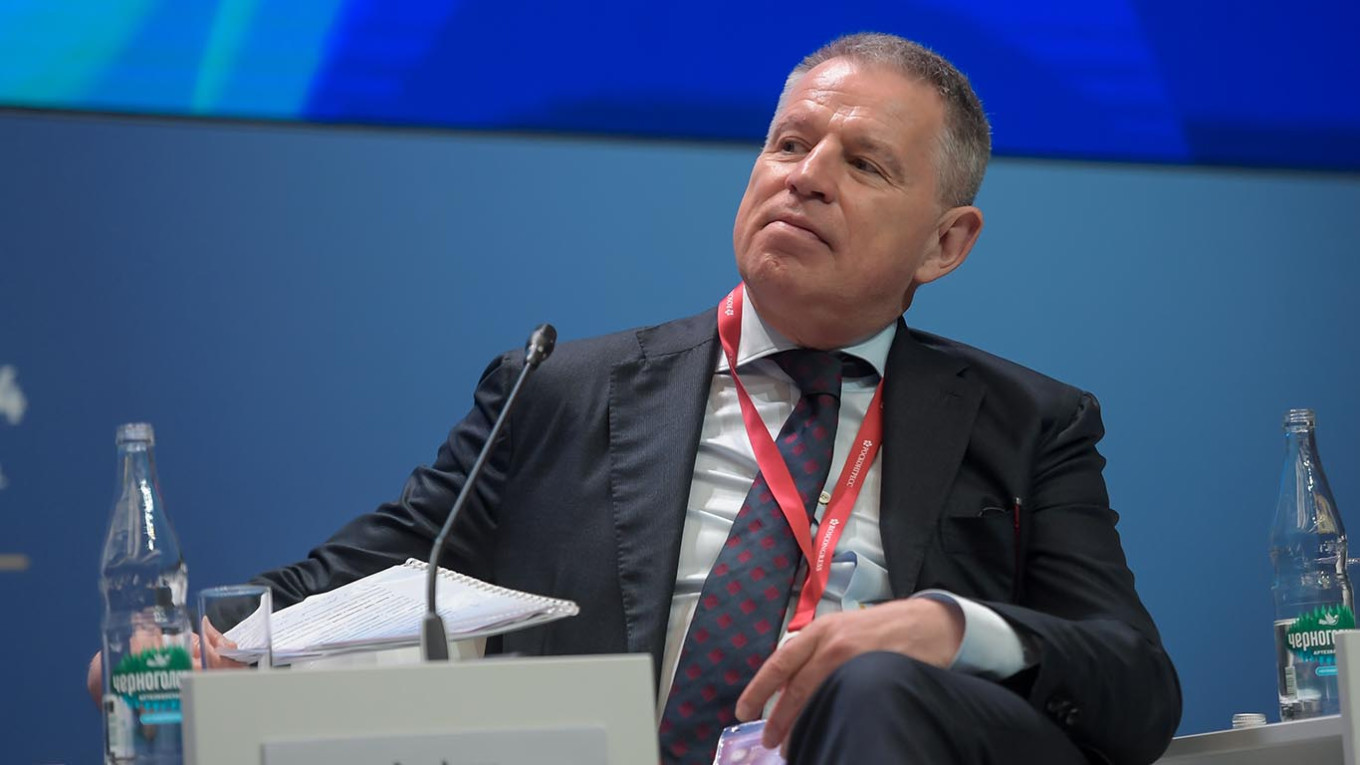A member of the board of Russia’s main business association urged on Thursday for the establishment of vocational training centers in allied nations such as India to mitigate the country’s escalating labor shortage.
Andrei Komarov, affiliated with the Russian Union of Industrialists and Entrepreneurs, suggested that foreign workers be trained explicitly for the Russian labor market during the St. Petersburg International Economic Forum (SPIEF).
Komarov described India as a “natural partner” for this initiative, highlighting its expertise in workforce training and its amicable political relations with Russia.
“India is already engaged in training specialists for various countries and maintains a friendly stance towards us,” said Komarov, who faced U.S. sanctions in 2024.
Education Minister Sergei Kravtsov expressed his support for the idea, noting that nations across the former Soviet Union, as well as those in Africa and Latin America, have shown significant interest in Russia’s vocational education initiatives and the Professionalism federal project.
Currently, approximately 4 million students are enrolled in Russian vocational institutions, including over 32,000 international students from 82 different countries, according to Kravtsov.
Anti-immigrant sentiments are prevalent in Russia, particularly towards workers from Central Asia, who serve vital functions in sectors such as construction and agriculture.
As Russia’s domestic workforce continues to decline—due to demographic shifts and the departure of skilled professionals following the Ukraine invasion and related Western sanctions—the need for pipelines of foreign-trained labor has become more urgent.
Earlier this year, the construction firm Samolyot initiated a pilot program to hire Indian nationals for projects in Moscow. Company leaders praised Indian workers for their reliability and lower costs compared to Central Asian laborers, emphasizing that their employment contracts limit their ability to change jobs.
However, Samolyot’s COO Alexei Akindinov admitted that the program “has not been a particularly successful venture,” pointing out that many Indian workers struggle with the Russian language.
X5 Group, one of the largest food retailers in Russia and operator of the Pyaterochka and Perekrestok chains, has also begun employing Indian workers at its distribution centers.
Yekaterina Lobacheva, the company’s president, acknowledged that the initiative is still in a testing phase due to fundamental language and cultural barriers.
Last year alone, over 4,000 Indian citizens applied for jobs in St. Petersburg. Indian workers have also been observed in factories in the Kaliningrad region and in technical positions at the e-commerce company Ozon, where they are engaged in warehousing and software development roles.

